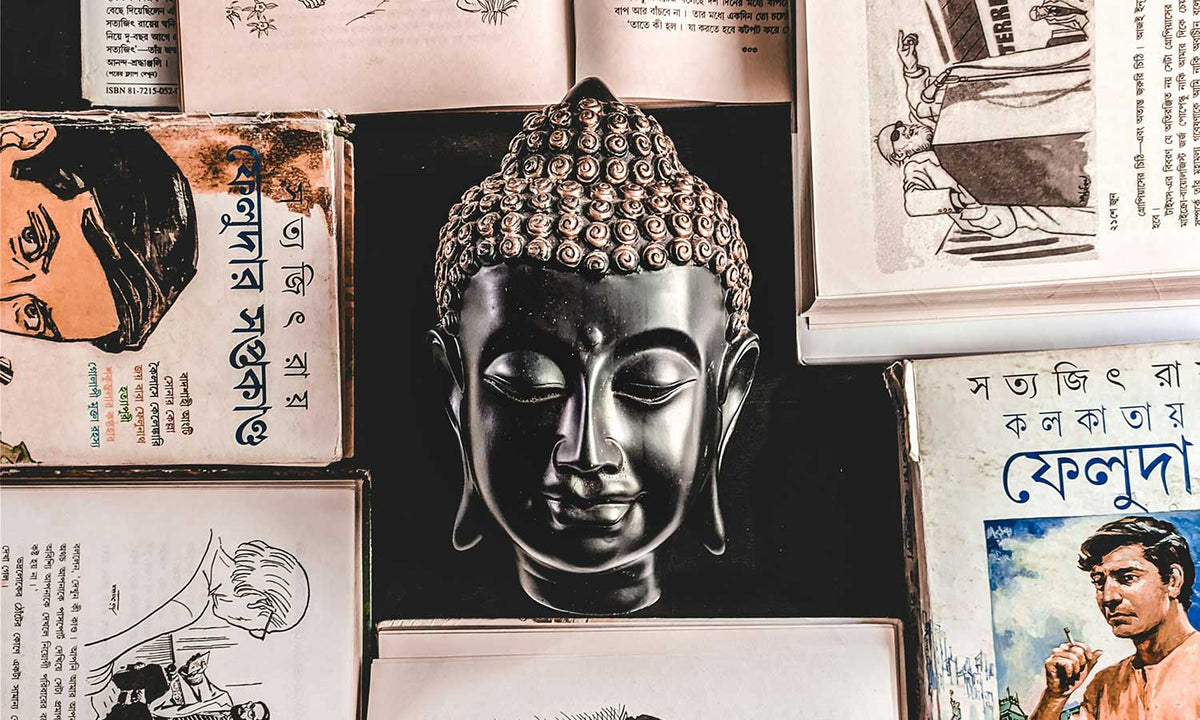
Dissecting Bengali Personal Names - Part 6 of 7
|
|
Time to read 1 min
|
|
Time to read 1 min
We take a deep dive in to the fascinating world of Bengali names. This is the 6th of 7 posts we've written on the subject. Each post is written in the form of notes and observations on the subject.
Su (pronounced Shu) is prefixed to various qualities and concepts as a shortened form of Subha — 'auspiciousness'. The coming together of these two concepts is perhaps the source of the fifty odd names with this kind of prefix. Some of the typically Bengali names among them are: Subroto, Subrota (fem.), Subhrangshu, Sudeshna, Sumila (fem.), Suprio, Supryoo (fem.), Surongama (fem.), Sulata (fem.), Surobhi, Supriti (fem.), Suborna (fem.), Sushobhon, Sudarshana (fem.).
Anando (happiness) like bliss has religious connotations, and therefore, it is suffixed to various concepts to yield personal names. Some of the names of this kind must have existed from the earliest times, but the real impetus for the ever-increasing number of such names came from the great Bengali novel Anandomath of Bankim Chandra where the soldier-monks are given "anando" suffixed names. Further impetus was provided by the Bengali monastic order "Rama krishna Mission" founded by Swami Vivekanando where all monks have "anando" suffixed names. Some of the typical ones are: Bhabanando, Jibanando, Gyananando, Bibekanando, Satyanando, Premanando. There are other forms of happiness also which are enshrined as personal names: Tripti (satisfaction, fem.), Binod (amusement), Ashok (without .sorrow), Profullo (happy), Santosh (satisfaction), Bhabotosh, Monotosh, Bisshtosh, Poritosh.